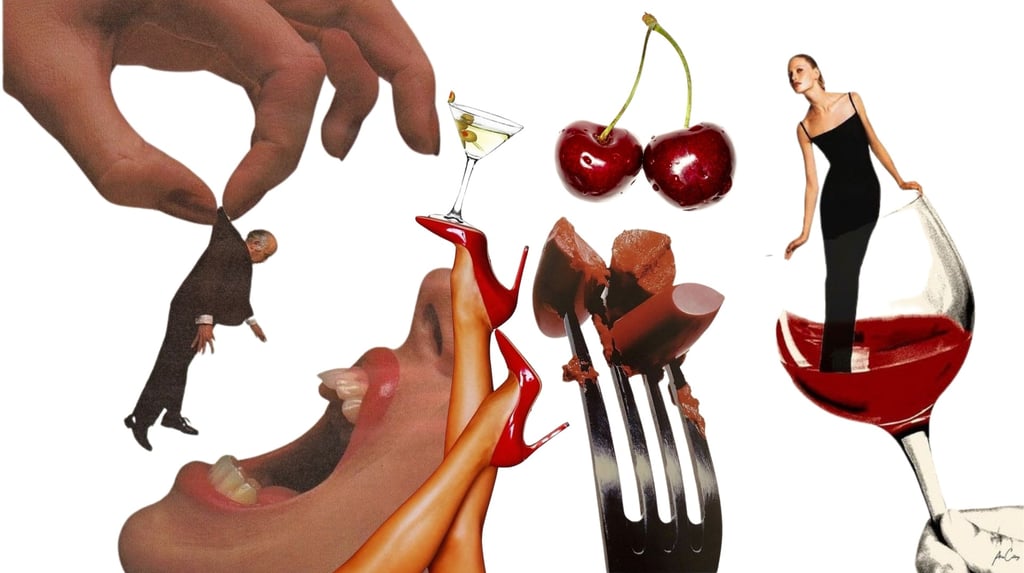Is Beauty Truly a Power?
JUST ASKINGLIFE
Victoria Guillou
9/30/2024


© Colonne / Pinterest
There comes a moment in life when we begin to recognize the beauty of certain things. Our tastes evolve, and we find ourselves more drawn to certain colors, shapes, scents, and inevitably, people. When we become aware of this new sensation within us—something that could almost be called desire (not in a sexual sense here)—we quickly realize that we cannot please everyone. And that hurts. It wounds us, and our ego prepares to face all possible and unimaginable obstacles to resist this idea. This battle (which is doomed to fail) begins in early childhood and intensifies during adolescence. It’s during these years that the most physically appealing individual on the playground becomes easily recognizable, surrounded by others simply because of their looks. Complexes start to form, and from there, we begin a long love-hate relationship with our appearance.
We despise ourselves for not resembling those we believe have it all. Conformity becomes the only rule for fitting in, and those who refuse to play along often find themselves isolated and criticized from all sides. Contrary to what we might think, intelligence is rarely appreciated in this context. As the years go by, jealousy often lingers, and we eventually reach that fateful moment when “inner beauty” enters the conversation. This is when everyone convinces themselves that physical beauty doesn’t really matter, and it’s personality that counts. Keep in mind that the same people now refer to something called “beauty privilege”—the notion that someone’s success is attributed to their good looks. So, I asked myself: How far does the power of beauty really go?
Are today’s celebrities genuinely talented, or are they simply pleasing to look at? Was that woman hired over another just because she’s younger and more polished? Does that guy, with all his conquests, really have better odds because he’s tall and muscular? No judgment here, but aren’t these new TV shows—where the sole objective is to resist the overwhelming urge to hook up—proof of the intense power beauty holds? While beauty is subjective, no one can deny that it often serves as an easy path to success. And to be clear, that’s not necessarily a bad thing! You go, gorgeous people! But to what extent is it fair to use it? Is it morally correct to favor someone simply because they align more with societal beauty standards than others? Obviously not. But who really follows moral standards nowadays?
However, with great power comes great responsibility—or, in this case, consequences. While looking like a Hollywood star has its advantages in some sectors, it also comes with its drawbacks—the biggest being a lack of legitimacy. As I mentioned earlier, while time may pass, jealousy often remains, though it changes its form. Being a jealous adult isn’t mature, so instead, we’ll claim to be intellectuals, arguing that beauty isn’t everything and that those blessed with it don’t deserve their success. Because, of course, it’s a well-known fact that beautiful people are stupid, right? You can’t have it all. And if that stunning woman in the office only got her position because the boss wants her under his desk, the hardworking employee didn’t get promoted because he wasn’t as fortunate in the looks department.
Yes, beauty holds significant power, and it would be a shame not to use it. But its one flaw is that it’s fleeting. This is why everyone is on the hunt for the fountain of youth. So, what happens when you no longer look like a supermodel? Just ask the intellectuals.
Want to speak about something precisely?
Just tell me, I'll (or we ?) write about it...

